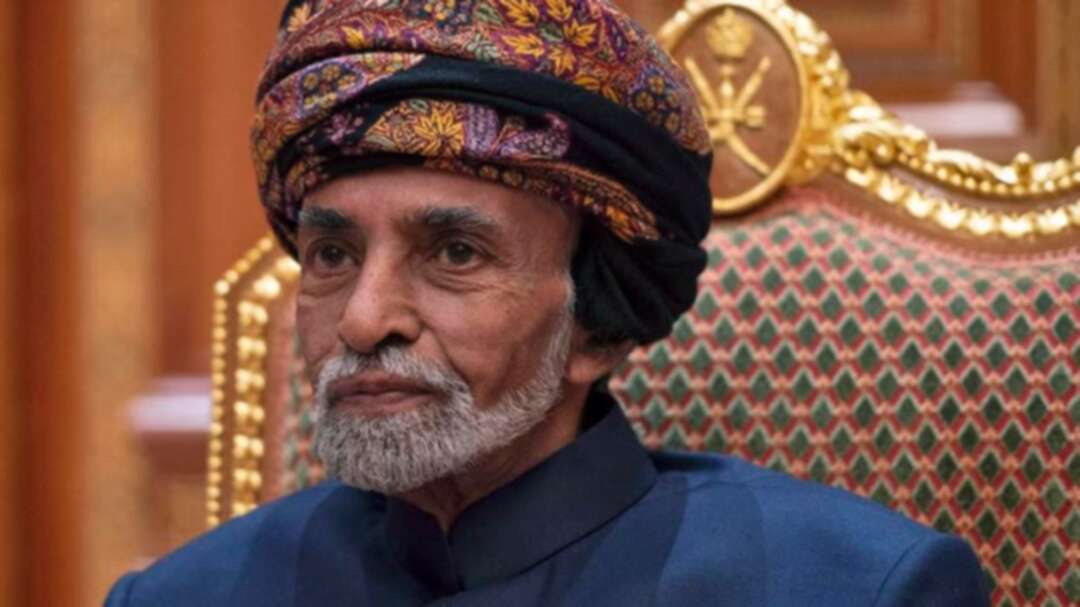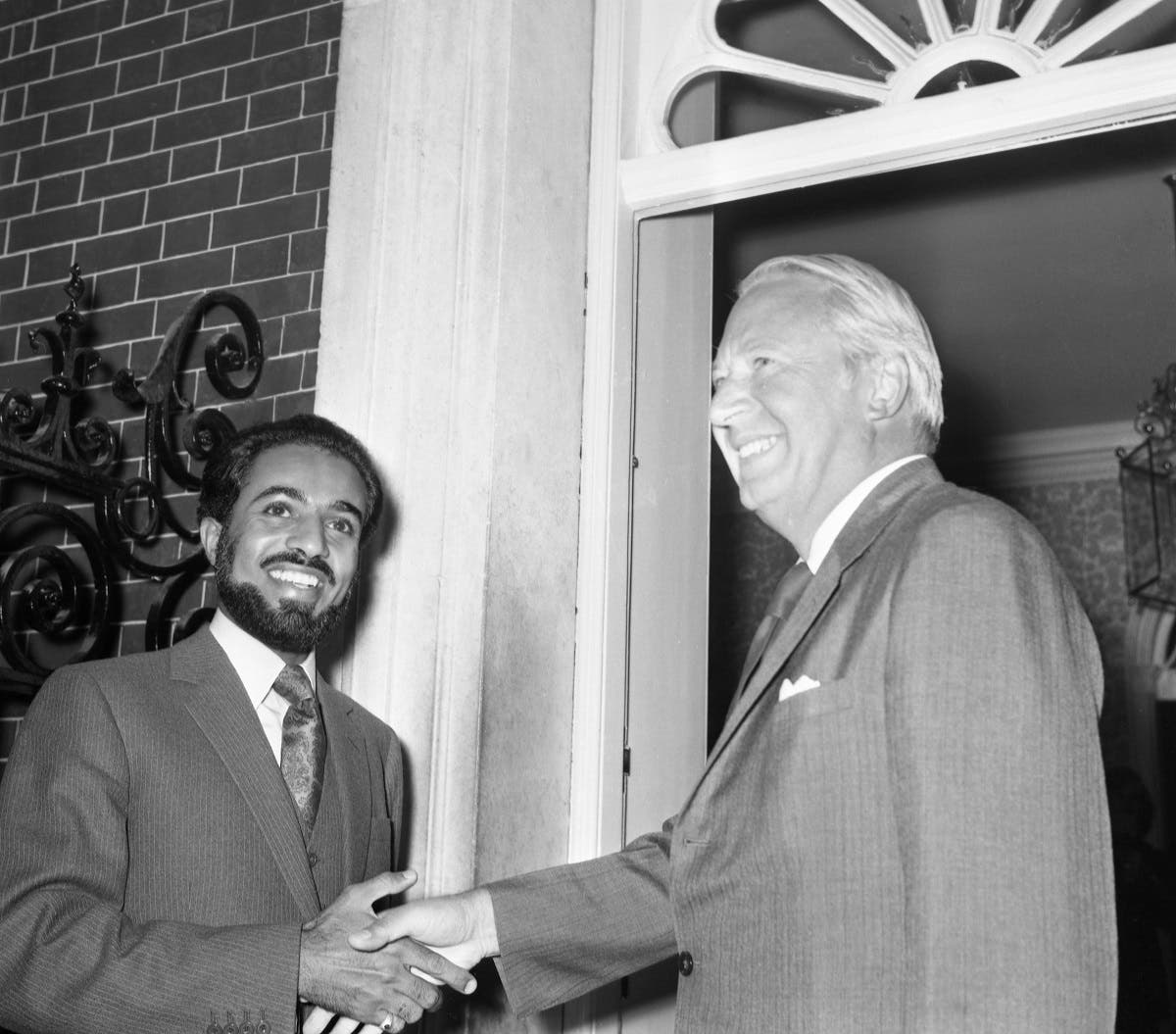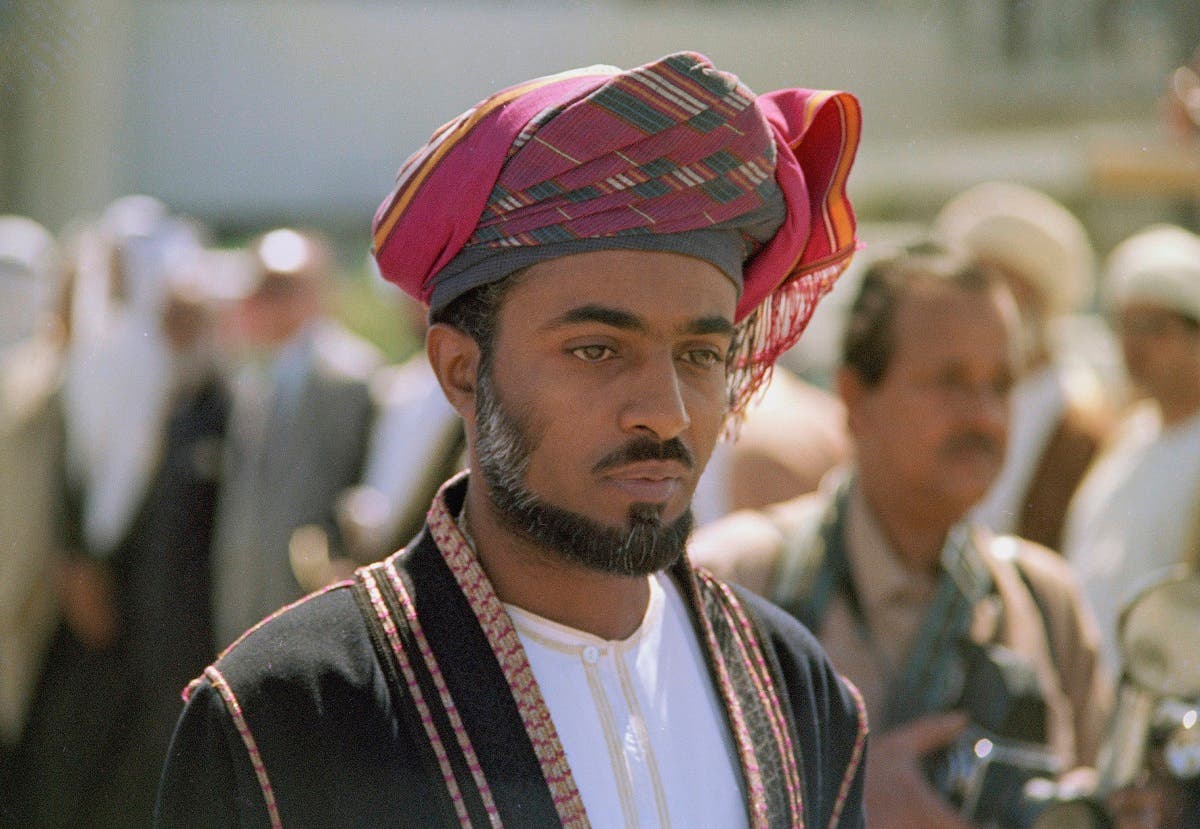-
Oman’s Sultan Qaboos dies at 79

Oman’s Sultan Qaboos bin Said al-Said, the longest-serving leader in the Gulf region, died early on Saturday at the age of 79. July would have marked his fiftieth anniversary of ruling the country.
Qaboos will go down in history as a ruler that took his small country in the Middle East to new levels of modernization and mediation.
“The service Sultan Qaboos has done for his country over the last five decades is unmatched by any leader in modern times,” said former US ambassador to Oman Richard Schmierer in an interview.
Coming to power: “A new dawn”
Qaboos was born in the Omani city of Salalah on November 18, 1940, the only son of ruler Sultan Said bin Taimur and Sheikha Mazoon al-Mashani.
Educated in Britain, including at the Royal Military Academy Sandhurst, Qaboos’ accession to the throne came at the young age of 29, when he overthrew his father in a bloodless coup on July 23, 1970.
 Sultan Qaboos is greeted by Britain's Prime Minister Edward Heath in London on Sept. 11, 1973. (Photo AP)
Sultan Qaboos is greeted by Britain's Prime Minister Edward Heath in London on Sept. 11, 1973. (Photo AP)Upon first assuming power, Qaboos told his people, “Oman in the past was in darkness, but a new dawn will rise.”
A new day for Oman meant it would first have to overcome multiple crises. At the start of Qaboos’ reign, Oman was undeveloped and ethnically divided. Externally it faced a rebellion in the south and border disputes with its neighbors.
Qaboos brought into his administration leaders opposed to his father’s government, including current Omani foreign minister Yusuf bin Alawi bin Abdullah, now one of the longest-serving foreign ministers in the world.
Another one of Qaboos’ top priorities in the early years of his reign was to resolve border disputes, an endeavor in which he succeeded, Schmierer said.
“He sent envoys to various neighboring countries and since that time, there have been no concerns regarding the country’s borders,” said Schmierer in an interview.
Qaboos would go on lead Oman into the twentieth century.
 Sultan Qaboos is pictured in 1975. (Photo AP)
Sultan Qaboos is pictured in 1975. (Photo AP)Visionary
Qaboos focused on internal development in the country, especially the infrastructure, health, and education sectors.
“The country was a very poor, very undeveloped country at the time he came to power. Essentially there were no roads, schools, or hospitals. The Sultan proceeded to use the oil revenues to set about modernizing the country,” said Schmierer, who served as US ambassador in the country from 2009 to 2012 and had regularly meetings with Sultan Qaboos.
“Sultan Qaboos made sure every village in the country had a mosque, a hospital, a school, electricity, and water. Today you’ll find that every small town in Oman has had all the basic amenities of modern life for some time now. He’s always been a visionary,” said Schmierer.
Due to these efforts, Oman was ranked the most improved nation in the world in terms of development, by the 2010 UN human development index. The country was also ranked the fourth safest country in the world for visitors by the World Economic Forum in 2017 and second out of the 151 countries on the 2019 Global Wellness Index.
Qaboos transformed Oman into an active player in regional and international politics. Under his direction, Oman joined the United Nations and the Arab League, and he played a role in the formation of the Gulf Cooperation Council (GCC) in 1981.
He appointed a female ambassador to the Netherlands in 1999, the first time a woman represented a Gulf country.
Serving in multiple parliamentary positions including prime minister and foreign minister, Qaboos’ foreign policy motto was “enemy to none, friend to all.”
Oman has been called “the Switzerland of the Middle East” because of Qaboos’ neutral approach. He welcomed two Israeli prime ministers in the capital city of Muscat and Oman never participated in the armed conflicts between the Arab states and Israel.
 Sultan Qaboos receives Israeli Prime Minister Benjamin Netanyahu in Muscat on Oct. 26, 2018. (Photo AP)
Sultan Qaboos receives Israeli Prime Minister Benjamin Netanyahu in Muscat on Oct. 26, 2018. (Photo AP)Succession
Qaboos had no direct descendants and never publicly named a successor, although he reportedly recorded his preference in a sealed envelope addressed to the royal family, with a copy kept at a royal palace in his birthplace. The purpose of keeping his preferred successor’s name secret is understood to ensure the authority of the sultan during his lifetime.
According to Omani law, the royal family should designate a new sultan within three days of the position falling vacant. The law calls for a meeting of the defense council, the head of the supreme court and the heads of the two chambers of the consultative council where they open the envelope together.
However, there are reported to be unresolved disputes over the succession, which explains why Qaboos’s choice may end up deciding the matter.
“The first thing the family council would probably do is to ask for the envelope. I’m guessing what they would want to do is consider who the Sultan himself thought would be the best successor,” said Schmierer.
The majority view is that one of four cousins of Qaboos’ will likely become the successor.
Schmierer said Qaboos’ biggest legacy is the effectiveness of the country’s governance, something that will remain despite who takes over the throne next.
“He established a governing system with functioning institutions that serves the people well, and will continue to do so, regardless of who becomes the next sultan,” said Schmierer.
Omani journalist Yousuf al-Hooti said preparations were underway for the funeral of Sultan Qaboos in Muscat with arrangements being made for the arrival of leaders from the Gulf Cooperation Council and their representatives.
“Given that Sultan Qaboos was a military one, having graduated from the prestigious Sandhurst military academy, it will be of a high probability that he will be given a military procession or funeral before his burial at the royal al-Said family cemetery,” al-Hooti said.
According to al-Hooti, the top three names being primed as successors are likely to include Asaad bin Tariq al-Said, the current Deputy Prime Minister for relations and international cooperation affairs, Haitham bin Tariq al-Said, the current Minister of Heritage and Culture and Shihab bin Tariq al-Said, a former Oman Navy commander and top royal advisor.
source : Al Arabiya English
Tags
You May Also Like
Popular Posts
Caricature
BENEFIT Sponsors BuildHer...
- April 23, 2025
BENEFIT, the Kingdom’s innovator and leading company in Fintech and electronic financial transactions service, has sponsored the BuildHer CityHack 2025 Hackathon, a two-day event spearheaded by the College of Engineering and Technology at the Royal University for Women (RUW).
Aimed at secondary school students, the event brought together a distinguished group of academic professionals and technology experts to mentor and inspire young participants.
More than 100 high school students from across the Kingdom of Bahrain took part in the hackathon, which featured an intensive programme of training workshops and hands-on sessions. These activities were tailored to enhance participants’ critical thinking, collaborative problem-solving, and team-building capabilities, while also encouraging the development of practical and sustainable solutions to contemporary challenges using modern technological tools.
BENEFIT’s Chief Executive Mr. Abdulwahed AlJanahi, commented: “Our support for this educational hackathon reflects our long-term strategic vision to nurture the talents of emerging national youth and empower the next generation of accomplished female leaders in technology. By fostering creativity and innovation, we aim to contribute meaningfully to Bahrain’s comprehensive development goals and align with the aspirations outlined in the Kingdom’s Vision 2030—an ambition in which BENEFIT plays a central role.”
Professor Riyadh Yousif Hamzah, President of the Royal University for Women, commented: “This initiative reflects our commitment to advancing women in STEM fields. We're cultivating a generation of creative, solution-driven female leaders who will drive national development. Our partnership with BENEFIT exemplifies the powerful synergy between academia and private sector in supporting educational innovation.”
Hanan Abdulla Hasan, Senior Manager, PR & Communication at BENEFIT, said: “We are honoured to collaborate with RUW in supporting this remarkable technology-focused event. It highlights our commitment to social responsibility, and our ongoing efforts to enhance the digital and innovation capabilities of young Bahraini women and foster their ability to harness technological tools in the service of a smarter, more sustainable future.”
For his part, Dr. Humam ElAgha, Acting Dean of the College of Engineering and Technology at the University, said: “BuildHer CityHack 2025 embodies our hands-on approach to education. By tackling real-world problems through creative thinking and sustainable solutions, we're preparing women to thrive in the knowledge economy – a cornerstone of the University's vision.”
opinion
Report
ads
Newsletter
Subscribe to our mailing list to get the new updates!






















